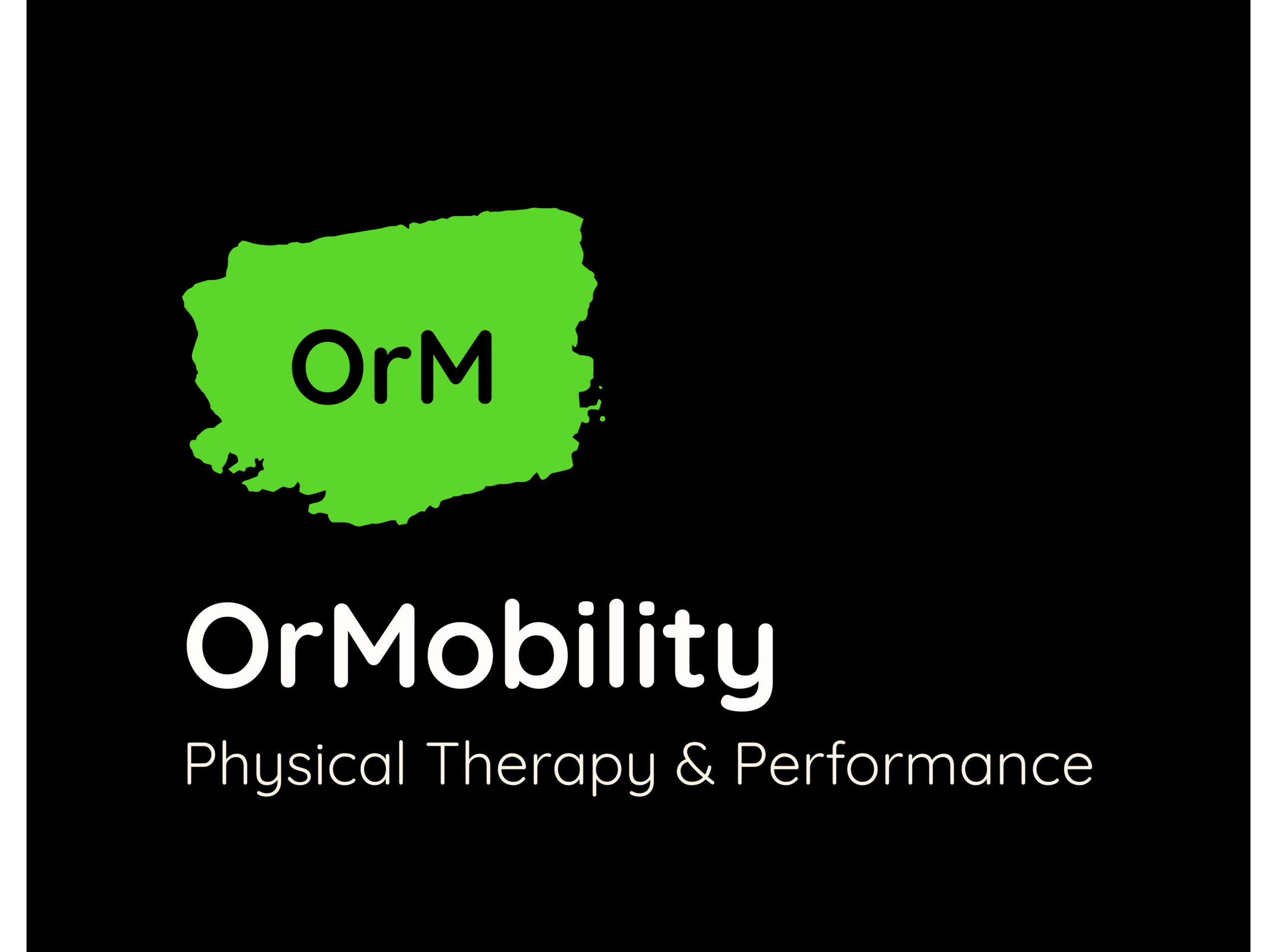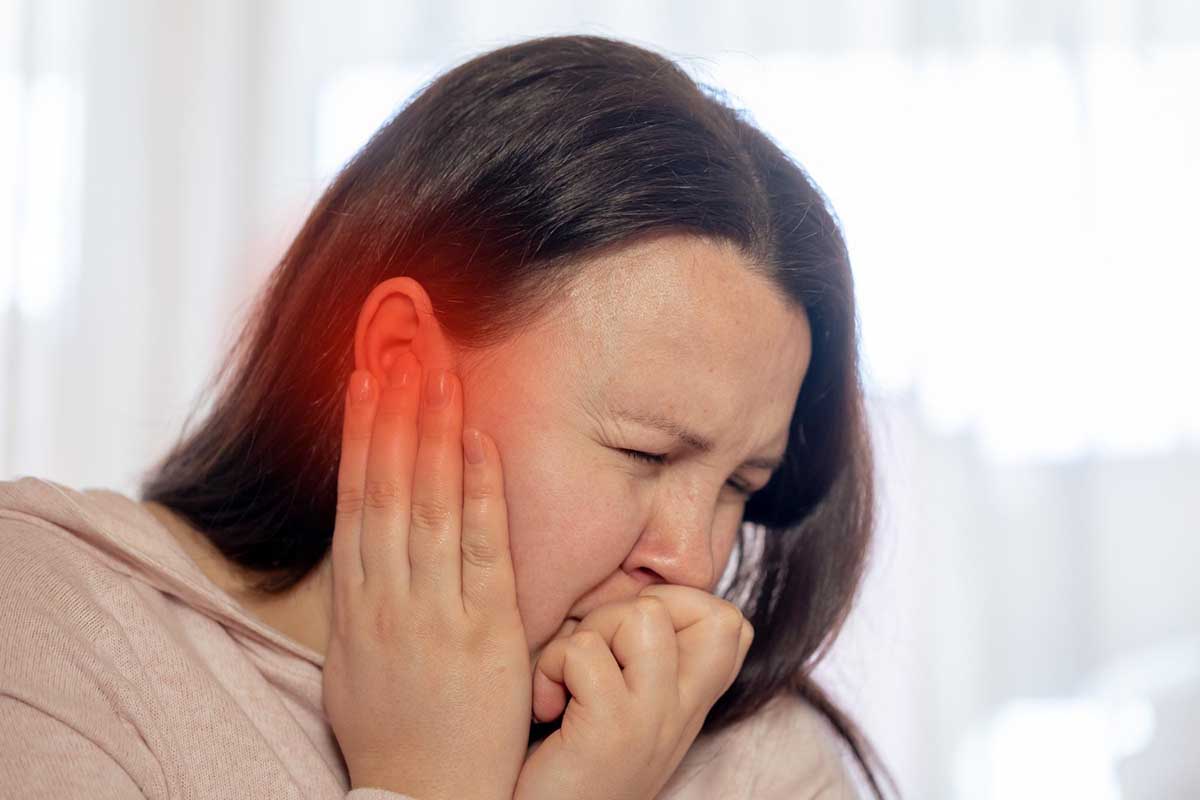Temporomandibular joint (TMJ) disorders and tinnitus are prevalent yet frequently misunderstood conditions that can significantly impact daily life and overall well-being. TMJ disorders affect the functionality of the jaw joint, while tinnitus involves persistent, often disruptive sounds perceived in the ears without any external source. At first glance, these conditions might appear unrelated, but their connection is rooted in the intricate anatomy of the jaw and ear. Understanding how TMJ disorders can influence the onset or worsening of tinnitus is essential for effective management. By exploring this relationship, individuals can gain insight into their symptoms and access targeted treatments to improve their quality of life.
What is TMJ Disorders?
TMJ disorders encompass a range of conditions impacting the temporomandibular joint, the pivotal connection between the jawbone and the skull, essential for functions such as chewing, speaking, and yawning. The prevalence of temporomandibular joint and muscle disorder (TMJD) is between 5% and 12%. These disorders arise from various causes, including jaw misalignment, teeth grinding (bruxism), stress-induced clenching, and arthritis or joint inflammation. Dysfunction in this joint can lead to pain, limited jaw mobility, and additional symptoms, such as neck pain from TMJ, that significantly affect daily activities and overall quality of life. Understanding these contributing factors is key to effective diagnosis and treatment.
Symptoms of TMJ disorders (TMD) often include jaw pain, difficulty chewing, clicking or popping sounds, and even headaches. These issues are localized to the jaw and can radiate to the neck, shoulders, and ears, leading to additional complications like tinnitus.
What is Tinnitus?
Tinnitus is the perception of ringing, buzzing, or other phantom sounds in the ears without external noise. Its intensity and duration can vary widely, with some individuals experiencing it as a mild annoyance and others finding it a persistent and disruptive condition that impacts their daily lives. Tinnitus often arises from noise-induced hearing loss, ear infections, or underlying neurological conditions, and it can also be exacerbated by stress and anxiety. Identifying the root cause is essential for managing this condition effectively, as its origins can stem from a range of auditory and non-auditory factors.
Although tinnitus is often linked to auditory issues, its origins can sometimes lie outside the ear, as seen in TMJ-related tinnitus.
The Connection Between TMJ Disorders and Tinnitus
The intricate anatomical and functional connections between the jaw and the ear explain the relationship between TMJ disorders and tinnitus. Can TMJ cause tinnitus? The answer lies in the proximity of the TMJ to the ear canal and its influence on the auditory system. For instance:
- The muscles and ligaments associated with the TMJ share proximity with structures in the ear.
- Nerve pathways linking the jaw and ear can create a feedback loop of pain or irritation.
- Misaligned jaw movement or joint inflammation can exert pressure on nearby auditory nerves, contributing to tinnitus symptoms.
Studies reveal that up to 60% of patients with TMJ disorders report tinnitus, compared to only 15–30% in individuals without TMJ problems. This highlights the significant overlap between these conditions.
What Does TMJ Tinnitus Sound Like?
TMJ-related tinnitus manifests as diverse auditory sensations, including ringing, buzzing, clicking, or hissing sounds. Unlike other forms of tinnitus, these noises often change in pitch or intensity in response to jaw movements, such as opening or closing the mouth, chewing, or clenching. This unique variability is a key indicator of its connection to TMJ disorders, highlighting the intricate relationship between jaw function and auditory symptoms. Recognizing these dynamic changes can help distinguish TMJ-related tinnitus from other types and guide appropriate treatment strategies.
These sounds often change in pitch or intensity based on jaw movements, such as opening or closing the mouth, chewing, or clenching. This distinct variability helps differentiate TMJ-related tinnitus from other types.
Symptoms Indicating TMJ Tinnitus

Symptoms of TMJ-related tinnitus often extend beyond the auditory sensations themselves, reflecting the close connection between jaw function and overall well-being. Individuals experiencing this condition may notice a variety of signs that impact both their physical and emotional health, such as:
- Tinnitus Changes With Jaw Movement: Shifting the jaw’s position can directly influence the intensity or type of sound experienced, making the tinnitus more pronounced or altered. This connection between jaw movement and auditory symptoms is a key characteristic of TMJ-related tinnitus.
- Accompanying Jaw Pain or Clicking: Many individuals with TMJ-related tinnitus experience discomfort in the jaw, often accompanied by clicking or popping noises during jaw movement. These symptoms can make everyday activities like talking or eating uncomfortable.
- Symptoms Worsen With Chewing or Clenching: Actions that strain the jaw, such as chewing, clenching, or grinding teeth, tend to intensify both the tinnitus and associated jaw pain. This worsening of symptoms highlights the mechanical link between the jaw and ear functions.
- Irritability: The persistent discomfort of TMJ-related tinnitus can lead to heightened irritability and frequent mood swings. Over time, this irritability can affect personal relationships and overall emotional health.
- Anxiety and Stress: Physical discomfort from TMJ-related issues often exacerbates feelings of anxiety and stress, creating a feedback loop that can worsen tinnitus. This emotional strain can make the condition feel even more unmanageable.
- Noise Sensitivity: Individuals with TMJ-related tinnitus often develop an increased sensitivity to external sounds, making everyday noises feel overwhelming. This heightened sensitivity can further amplify stress and discomfort.
- Depression: The chronic nature of TMJ-related symptoms, including tinnitus, can take a toll on mental health, leading to feelings of hopelessness or depression. The constant struggle with these symptoms can significantly impact overall well-being.
- Difficulty Sleeping: The persistent noise from tinnitus often disrupts sleep patterns, making it challenging to fall or stay asleep. This lack of restful sleep can lead to fatigue and reduced quality of life.
- Difficulty Concentrating: Tinnitus can make it hard to focus, especially in quiet settings with more noticeable sounds. This difficulty concentrating can interfere with daily tasks and work productivity.
Diagnosing TMJ-Related Tinnitus
Diagnosing TMJ-related tinnitus involves a thorough evaluation to pinpoint the root cause of symptoms and differentiate it from other potential conditions. Healthcare professionals typically assess jaw movement and alignment, looking for signs of dysfunction or pain that could contribute to tinnitus. They also conduct a detailed ear examination to rule out other auditory or neurological causes. Advanced imaging studies, such as X-rays or MRIs, are often used to evaluate the structure and functionality of the temporomandibular joint, providing a clearer picture of any underlying issues.
By identifying the specific cause, clinicians can recommend targeted treatments.
Can Treating TMJ Help Improve Symptoms of Tinnitus?
Research supports the effectiveness of treating TMJ disorders in alleviating tinnitus symptoms. For example:
- Physiotherapy is reported to be beneficial to 72% of individuals with TMJ disorders, with therapeutic exercises, ultrasound, and manual therapy being efficient.
- Addressing the root cause, such as jaw misalignment or muscle tension, through TMJ dysfunction treatment often results in significant relief from tinnitus.
Treatment Options for TMJ and Tinnitus
Treating TMJ disorders and tinnitus requires a multifaceted approach tailored to the individual’s symptoms and underlying causes. Combining self-care strategies, professional interventions, and lifestyle adjustments can help alleviate discomfort and improve quality of life.
Self-Care Remedies
Self-care remedies can be a practical first step in managing TMJ-related tinnitus and alleviating associated symptoms. These simple, at-home strategies reduce jaw strain, promote relaxation, and ease discomfort.
- Applying Heat or Ice: Using heat packs or ice on the affected area helps reduce inflammation and alleviate discomfort associated with TMJ disorders. Alternating between the two can provide additional relief by soothing tight muscles and reducing swelling.
- Gentle Stretches and Exercises: Performing gentle jaw stretches and mobility exercises can improve flexibility and reduce tension in the temporomandibular joint. These movements promote proper function while decreasing pain and stiffness.
- Avoiding Hard and Chewy Foods: Steering clear of tricky or sticky foods reduces strain on the jaw and helps prevent exacerbation of TMJ symptoms. Opting for softer foods allows the joint to rest and recover.
Physical Therapy
Physical therapy is a cornerstone of TMJ dysfunction treatment, offering targeted interventions to restore jaw function and reduce discomfort. Techniques such as manual therapy, ultrasound, and therapeutic exercises address jaw pain and related symptoms like tinnitus, making it an essential component of TMJ tinnitus treatment to provide comprehensive relief.
Medications
Anti-inflammatory drugs are often prescribed to reduce pain and swelling in the temporomandibular joint, promoting healing and comfort. Muscle relaxants can further ease symptoms by reducing clenching and grinding, helping to relieve jaw tension and improve mobility.
Dental Devices
Custom-fitted splints or mouthguards are designed to align the jaw correctly and minimize harmful habits like teeth grinding. By reducing strain on the TMJ, these devices can effectively alleviate pain and prevent further joint damage.
Prevention Tips for TMJ and Tinnitus

Prevention of TMJ disorders and related tinnitus starts with proactive measures to protect the temporomandibular joint and reduce strain. Simple lifestyle adjustments can help maintain jaw health and minimize the risk of associated symptoms.
- Practice good posture to avoid neck pain from TMJ strain.
- Manage stress to minimize jaw clenching and tension.
- Use protective gear during activities that may strain the jaw.
- Avoid overuse of the jaw by limiting hard or chewy foods.
Relieve TMJ Pain with Expert Care from OrMobility Physical Therapy
If you’re struggling with TMJ disorders or tinnitus, OrMobility Physical Therapy & Performance offers comprehensive solutions. Our experienced team specializes in TMJ dysfunction treatment, incorporating techniques to address pain, improve jaw function, and alleviate tinnitus. With tailored physical therapy plans, we aim to enhance your quality of life and restore balance to your daily activities.
Conclusion
TMJ disorders and tinnitus can significantly impact physical and mental well-being. Recognizing the connection between these conditions and seeking appropriate care can lead to effective symptom management. Individuals can find relief and regain control over their health by incorporating self-care practices, professional therapy, and preventive strategies.
FAQs
Will tinnitus from TMJ go away?
Addressing the underlying TMJ dysfunction can often alleviate tinnitus symptoms. Physical therapy, dental interventions, and lifestyle changes effectively promote recovery and reduce discomfort.
How do I know if I have TMJ or tinnitus?
TMJ disorders often present with jaw pain, clicking or popping sounds, and restricted movement, while tinnitus is characterized by persistent ringing or buzzing in the ears. If these symptoms occur together, consulting a professional for a comprehensive evaluation is essential.
Can a misaligned jaw cause tinnitus?
Yes, a misaligned jaw can contribute to tinnitus by putting pressure on nerves and structures near the TMJ. This disruption can lead to auditory symptoms, highlighting the connection between jaw alignment and ear function.


